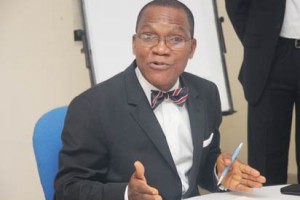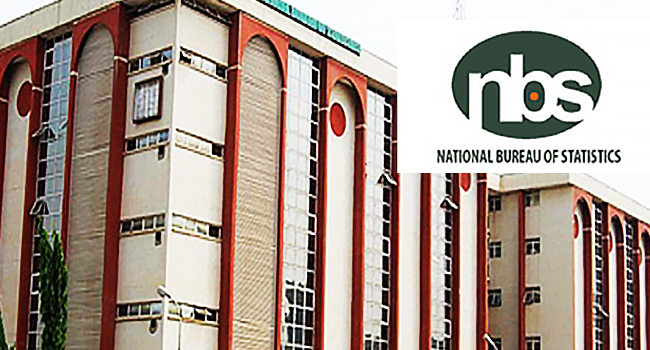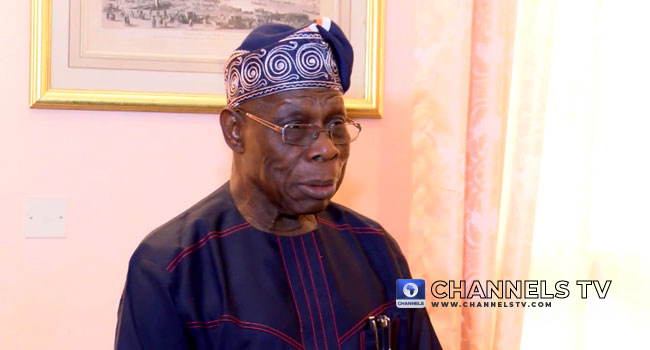
Giving a speech at a workshop held in Kaduna on Friday, the Director General of the DMO, Dr. Abraham Nwankwo, explained that despite the nation’s huge debts, the economy had remained resilient and diversifiable.
The enlightenment workshop on “Understanding Public Debt Management” was organised for Student Unions in Kaduna State, North West Nigeria.
Dr. Nwankwo explained that the states accounted for 18 per cent of the domestic debts while the Federal Government accounted for 82 per cent.
‘Gross Misuse Of Borrowed Funds’
He called on all tiers of government to utilise public funds for the good and development of the people, expressing worry that the ‘gross misuse of borrowed public funds’ by Public Officers contributes to the rising debt profile.
Dr. Nwankwo also stressed that the way to achieve good governance in Nigeria was for public office holders to run a transparent fiscal management.
“Government should draw on the positive side of borrowing,” he said, stressing that some developed nations depend heavily on borrowing to sustain their economies.
He specifically emphasised the need for the youths, as leaders of tomorrow, to develop the attitude and understanding of fiscal responsibility in order to hold their leaders accountable.
While encouraging state governments to source funds for developmental purposes, the DMO boss pointed out that the cynicism that usually trail decisions to borrow was due to the unpleasant cases where governments borrow money and misappropriate it.
He said that the misappropriation of borrowed funds had resulted in unsustainable debt portfolio.
The DMO boss, however, noted that under the President Muhammad Buhari’s administration, ‘the economy is becoming more robust’ and urged Nigerians to cooperate with the administration in order to achieve the desired change.
There has been consistent controversy over debt management in Nigeria.
The controversy includes primary objections to and justifications for borrowing.
Most of the objections focus on the interest cost that is created, the inflationary pressures that are associated with large-scale borrowing, debt illusion, crowding out effect and generational inequity of debt burden.
Today, the cry and protest over debt management are over non-sustainability of public debt, borrowing without due process, continued borrowing on non-concessionary terms and the use of loan proceeds for purposes other than those for which they were obtained.
It is for this reason that the Debt Management Office assembled students drawn from various higher institutions across Nigeria to sensitise them on how to monitor how such borrowed funds are spent.
Making their contribution, a representative of the students union, Salahudeen Lukman, advised both the State and Federal Government to ensure that all funds borrowed for development of the education and other critical sectors of the economy were judiciously utilised in order to ensure growth and development.




